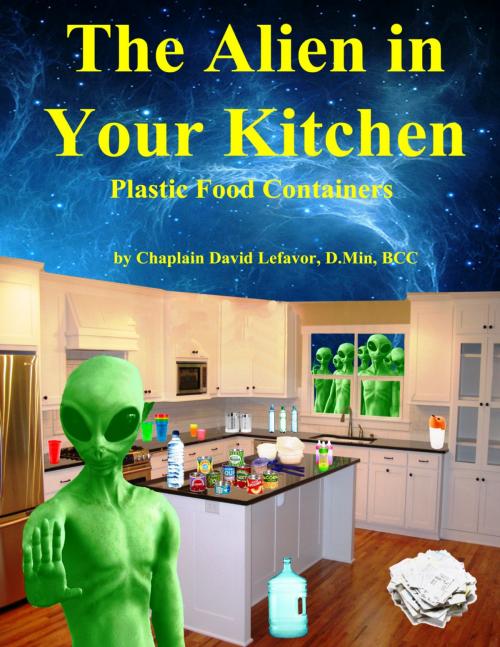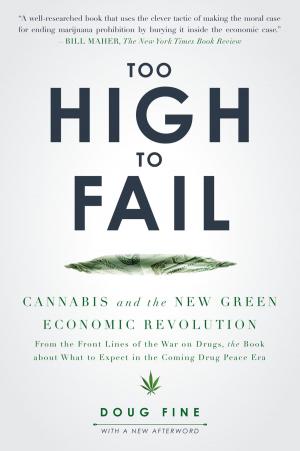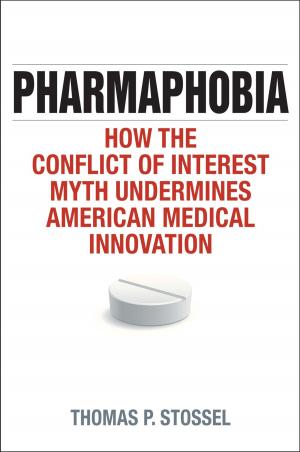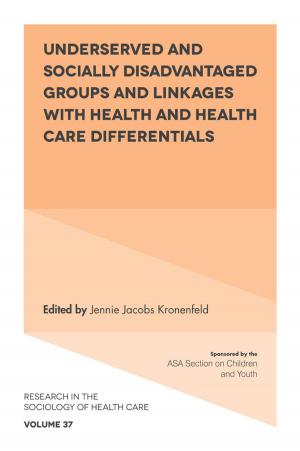The Alien in Your Kitchen
Dangerous Plastic Food Containers
Nonfiction, Health & Well Being, Health, Health Care Issues| Author: | David Lefavor | ISBN: | 1230000255608 |
| Publisher: | Lefavor Books | Publication: | July 27, 2014 |
| Imprint: | Language: | English |
| Author: | David Lefavor |
| ISBN: | 1230000255608 |
| Publisher: | Lefavor Books |
| Publication: | July 27, 2014 |
| Imprint: | |
| Language: | English |
Of all the plastic items around, the most common are associated with our food and drink: plastic bottles, drinking cups, baby bottles, sippy cups. The list is long, and these objects that we so easily put up to our mouths are quite ubiquitous. We certainly take for granted, the unspoken assumption that all these items are safe for our use. With the plethora of plastics being manufactured today, there is one common ingredient that is used to make polycarbonate plastic and epoxy resins in most plastics. It is called Bisphenol-A, or BPA, as it is more familiarly known. BPA is a carbon-based synthetic compound used in the making of clear, hard plastics that has been in use by the plastic industry for over 50 years. BPA has become the plastic’s industry miracle compound. It only has one problem; BPA does not behave itself well in the kitchen around food. While BPA has been regarded as safe for decades, recent research using sophisticated analytic techniques clearly show that accumulated and prolonged exposure to BPA can interfere with our endocrine system and cause a range of ill health consequences, including reproductive problems and cancer. This is the story of the alien in your kitchen as relates to a clear and plastic danger to your health.
Of all the plastic items around, the most common are associated with our food and drink: plastic bottles, drinking cups, baby bottles, sippy cups. The list is long, and these objects that we so easily put up to our mouths are quite ubiquitous. We certainly take for granted, the unspoken assumption that all these items are safe for our use. With the plethora of plastics being manufactured today, there is one common ingredient that is used to make polycarbonate plastic and epoxy resins in most plastics. It is called Bisphenol-A, or BPA, as it is more familiarly known. BPA is a carbon-based synthetic compound used in the making of clear, hard plastics that has been in use by the plastic industry for over 50 years. BPA has become the plastic’s industry miracle compound. It only has one problem; BPA does not behave itself well in the kitchen around food. While BPA has been regarded as safe for decades, recent research using sophisticated analytic techniques clearly show that accumulated and prolonged exposure to BPA can interfere with our endocrine system and cause a range of ill health consequences, including reproductive problems and cancer. This is the story of the alien in your kitchen as relates to a clear and plastic danger to your health.















